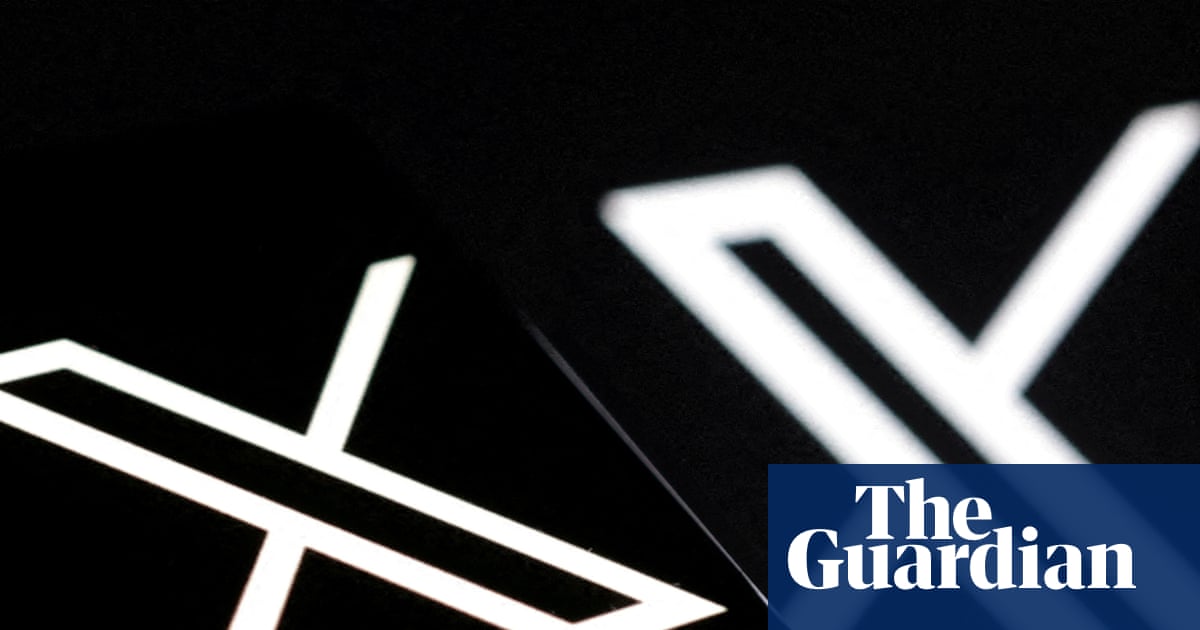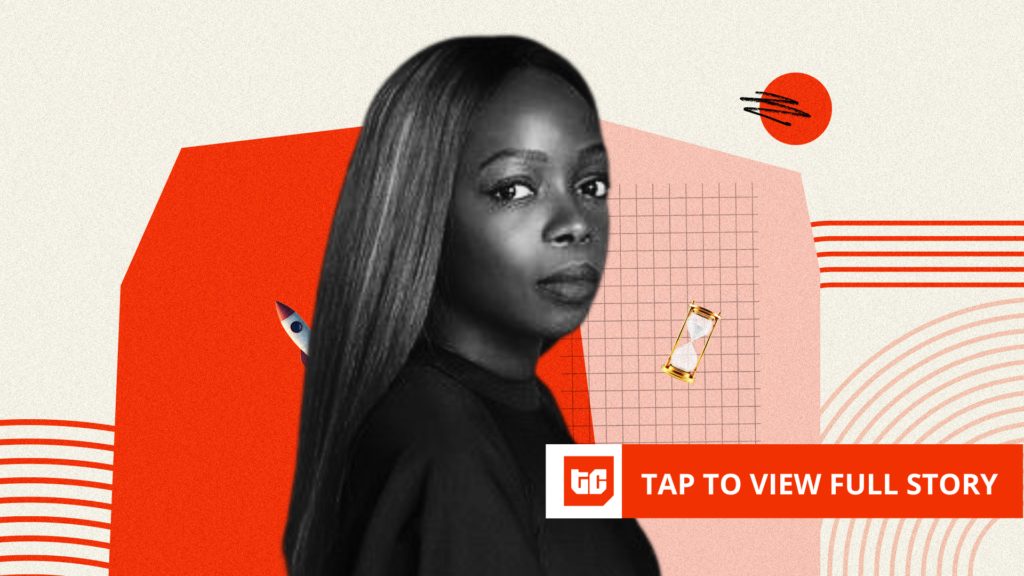If you live in Africa, it is likely that you can easily buy Amazon stocks than you might be able to buy stocks of a local marketplace in your country’s national exchange or that of a neighbouring African country. Mystocks Africa is trying to fix. As U.S.-listed equities soak up billions in African capital through apps like Bamboo and Risevest, Mystocks is betting that the next frontier of fintech isn’t sending capital out—it’s keeping it in, circulating it across Lagos, Nairobi, Johannesburg, Accra, and Gaborone.
Founded in 2024 by Humphrey Kebaya and Mooketsi Morolong, Mystocks Africa, a mobile-first investment platform, is building a unified brokerage that allows both retail and institutional investors to trade across Africa’s major stock exchanges from a single app. Investors can trade in local currency, receive real-time analytics, and have access to an AI-powered portfolio intelligence.
The app offers real-time trading across five African stock exchanges—Nigeria, Kenya, Ghana, Botswana, and South Africa—with plans to add Egypt, Morocco, and Tunisia later this year. Users can open an account in 24 hours and begin investing with as little as $10. Beyond equities, the platform supports trading in government bonds, money market funds, and ETFs. It also unlocks access to alternative assets like REITs and carbon credits—asset classes that have historically been inaccessible to or illiquid for retail investors across the continent.
The challenges of building a Pan-African brokerage
The promise of cross-border African investing faces two deeply rooted constraints: regulation and infrastructure.
Every market Mystocks enters comes with its own capital markets authority, compliance regime, and interpretation of brokerage activity. For now, the startup operates through licensed local partners, but deeper integration will eventually require direct licenses in each country. That process can be both costly and unpredictable. Then there’s the issue of technology itself. While exchanges like the JSE and NGX have mature APIs, many others do not. Mystocks has found itself offering to co-develop digital plumbing just to enable reliable order flow and market data. Building a pan-African brokerage, in many ways, means building a continental infrastructure in real time.
Still, Mystocks is moving with urgency. The company is also building a dedicated IPO portal that will allow both African and international users to participate in public listings in any supported market. For years, African startups have struggled to go public because local markets lack depth and retail participation. By aggregating demand across multiple countries, Mystocks hopes to inject new liquidity into African listings. The team is already preparing for potential high-profile IPOs like Flutterwave’s, with ambitions to include such deals directly on the platform.
The company’s product suite also includes a subscription-based terminal called “Bridge” that offers institutional users market intelligence, research insights, and AI-driven analytics—essentially a Bloomberg terminal tailored to African markets. While Bloomberg charges up to $22,000/yearly, Mystocks’ Bridge product is priced at $199 for institutions and $8/month for retail investors. Even at its cheapest tier, Bridge includes a real-time news feed, squawk box alerts, and personalized stock guidance powered by generative AI.
The business of investing
This diversified product stack feeds a multi-pronged revenue model. Mystocks earns from trading commissions, subscription fees, FX conversion margins, research sales, advertising, and affiliate partnerships. It also sells aggregated data and order flow to institutional clients. To drive retention, the startup layers on push notifications, fee rebates, referral bonuses, and gamified features like trading competitions.
Mystocks has already signed up over 5,000 users ahead of its launch, all via organic channels—WhatsApp groups, LinkedIn outreach, and meetups—according to Kebaya. The team projects 10,000 users post-launch and at least 25,000 active investors by year-end. Institutional interest is also picking up. The startup is in conversations with hedge funds and trading firms from Wall Street and Dubai, looking to allocate capital to African markets at scale.
“Payments are mostly solved. Credit is getting there. But investing? That’s where the next growth lies,” Kebaya said. He refers to it as “Fintech 3.0”—the third pillar of African financial infrastructure. Unlike credit and payments, which are extractive, investing is additive. It builds wealth, creates ownership, and deepens local economies.
Mystocks’ ambitions stretch beyond product features. The team is planning a pan-African ETF to pool retail capital across borders and intends to roll out robo-advisory tools that let users deploy AI-driven investment strategies with minimal friction. They are also exploring tokenization as the next phase—imagining a future where African equities are fractionalized and traded on blockchain rails.
But at its core, the promise of Mystocks lies in access. The access to buy a stock in Nairobi while living in Lagos. The access to join an IPO from Morocco while based in New York. And the access to finally build wealth in African markets from within the continent itself.
If Mystocks executes well, it could become the Bloomberg + Robinhood for Africa—a single layer through which Africans and institutions globally interact with African financial assets.










